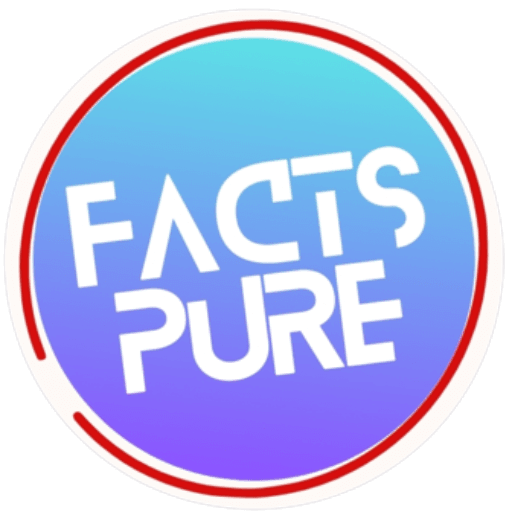Introduction: The Crucial First Steps After a Collision
Car accidents can be traumatic experiences that leave lasting impacts far beyond the initial moment of impact. Delayed car accident symptoms often catch survivors off guard making it critical to understand the potential health risks that may emerge in the hours days and even weeks following a crash.
Read More: Coop Pet Insurance

Disclaimer: This article is for informational purposes only and does not constitute medical advice. Always consult with a healthcare professional after a car accident.
Why Symptoms Can Be Delayed
Many individuals mistakenly believe that if they feel fine immediately after an accident they’re unharmed. However hidden crash injuries can take time to manifest making it crucial to stay vigilant about your health.
Common Delayed Physical Car Accident Symptoms
Whiplash and Neck Pain: More Than Just Stiffness
Whiplash is one of the most common late appearing injury symptoms following a car accident.
- Neck stiffness may develop hours or days after the collision
- Potential signs include limited range of motion
- Persistent headaches accompanying neck discomfort
Citation: American Chiropractic Association to Whiplash Research
Back Pain: The Silent Aftermath
Back pain after accident can be a serious indicator of underlying injuries:
- Muscle strain or ligament damage
- Potential spinal misalignment
- Herniated or compressed discs
Citation: Spine Health Institute to Car Accident Injuries
Concussion and Head Injuries: Invisible but Serious
Concussion after car accident symptoms may not be immediately apparent:
- Persistent headaches
- Dizziness or balance issues
- Cognitive difficulties
- Sensitivity to light or sound

Citation: Centers for Disease Control and Prevention to Traumatic Brain Injury
Emotional and Psychological Symptoms
PTSD and Emotional Trauma: The Invisible Wound
Emotional trauma after crash is a critical aspect often overlooked:
- Anxiety triggered by driving or similar situations
- Recurring nightmares
- Increased stress and hypervigilance
- Mood swings and emotional instability
Citation: National Center for PTSD to Motor Vehicle Accident Trauma
Less Obvious Symptoms to Watch For
Subtle Physical Warning Signs
Delayed car accident symptoms can include:
- Tingling sensations in extremities
- Unexpected swelling
- Muscle soreness
- Changes in vision or hearing
- Digestive issues
When to Seek Medical Attention
Red Flags and Warning Signs
Immediate medical evaluation is crucial if you experience:
- Persistent or worsening pain
- Difficulty breathing
- Severe headaches
- Cognitive changes
- Unexplained fatigue

FAQs About Car Accident Symptoms
How Long Can Symptoms Take to Appear?
Symptoms can emerge anywhere from hours to weeks after an accident making ongoing monitoring essential.
Should I Always See a Doctor?
YES. Even if you feel fine a professional medical assessment can identify hidden injuries that might not be immediately apparent.
Conclusion: Prioritizing Your Health and Recovery
Car accidents are more than just a moment of impact. The after car accident symptoms can be complex and challenging. By staying informed vigilant and proactive about your health you can ensure proper recovery and prevent long to term complications.
Key Takeaways
- Always get a medical evaluation
- Document all symptoms
- Follow up with healthcare professionals
- Be patient with your recovery process
Disclaimer: This guide is for informational purposes and should not replace professional medical advice. Always consult with healthcare professionals for personalized guidance.
About the Author
Written by a team of medical professionals and car accident recovery specialists committed to providing accurate helpful information for accident survivors.
References
- American Chiropractic Association
- National Institutes of Health
- Centers for Disease Control and Prevention
- National Center for PTSD

